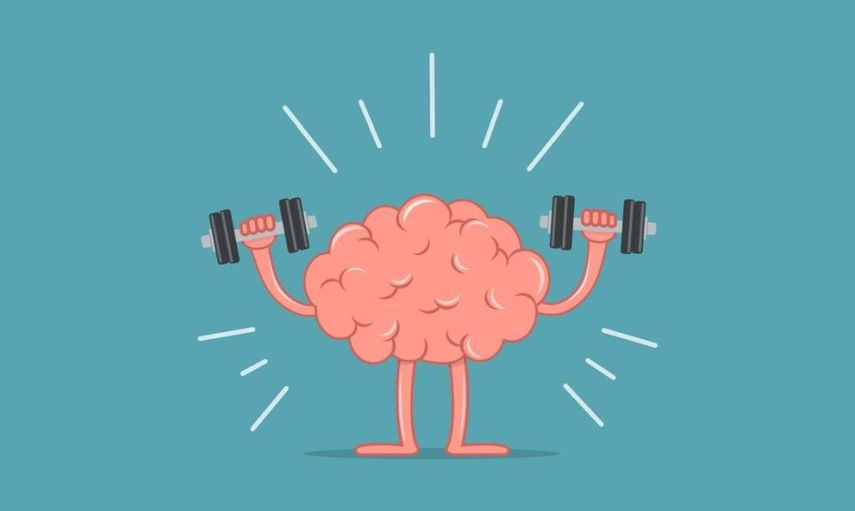In today’s fast-paced and demanding world, where stress and mental health issues seem to lurk around every corner, finding effective coping mechanisms is crucial. While many turn to traditional methods like therapy and medication, it’s time to spotlight a transformative approach hiding in plain sight: exercise.
This article is tailor-made if you yearn for a respite from the chaos and a sanctuary of inner peace. Whether you’re a fitness enthusiast or a novice seeking refuge from the burdens of everyday life, the wisdom we’re about to impart will provide you with valuable insights and practical strategies for harnessing the power of movement to nurture your mental well-being. That is all you need to know about the impact of exercise on mental health and stress reduction.
The Connection Between Exercise and Mental Health

When we engage in physical activity, something extraordinary happens within our bodies. Our brains go into overdrive, releasing a cascade of neurotransmitters and hormones that work in unison to shape our mental state. These mighty messengers are endorphins, dopamine, and serotonin, affectionately known as our brain’s “feel-good” chemicals. Endorphins, our natural painkillers and mood boosters, flood our system during exercise, leading to an immediate sense of euphoria and stress reduction. Picture those exhilarating moments when you hit your stride during a run or experience the rush of endorphins after an intense workout – the magic happening inside your brain.
But it doesn’t stop there. Dopamine, another neurotransmitter closely linked to reward and motivation, joins the party too. When we engage in physical activity, our brain’s dopamine levels soar, creating a sense of accomplishment and pleasure. That post-workout high you feel? It’s all thanks to this incredible chemical. And let’s not forget about serotonin, often called the “happy hormone.” The impact of exercise on mental health has been shown to boost serotonin levels, effectively regulating our mood, sleep patterns, and appetite. By increasing serotonin production, exercise can alleviate symptoms of anxiety and depression, helping us find balance and mental clarity amid life’s challenges.
Scientific research has diligently unraveled the intricate relationship between exercise and mental health. Study after study reinforces the notion that physical activity can be a potent ally in the battle against mental health disorders. From reducing symptoms of depression and anxiety to improving overall cognitive function, the evidence is clear: exercise holds incredible power to transform our mental well-being.
The Benefits of Exercise for Stress Reduction

Physical activity triggers physiological responses that work together to counteract stress. These natural mood enhancers flood your system, leaving you feeling rejuvenated and more resilient to life’s challenges. The impact of exercise on mental health also works wonders in reducing the production of stress hormones, such as cortisol. As you establish a consistent exercise routine, your body becomes more efficient at managing stress, preventing its negative impact on your physical and mental well-being. Additionally, it promotes deeper and more restful sleep. By engaging in physical activity, you create a harmonious cycle: reduced stress leads to better sleep, which, in turn, helps to alleviate stress further.
When you commit to a workout session, whether a brisk walk, a yoga class, or a dance session in your living room, you’re carving out dedicated time for self-care. This intentional focus on yourself and your well-being allows you to temporarily escape the demands of life and immerse yourself in the present moment, finding solace and tranquility in the rhythm of your movements.
Exercise as a Mood Booster

Are you feeling down? Need a pick-me-up? Look no further than exercise, your ultimate mood-boosting ally. Not only does exercise provide an immediate mood lift, but it also contributes to long-term improvements in mental health. Regular physical activity has been shown to reduce symptoms of anxiety and depression, acting as a potent complement to traditional therapy and medication. As you make exercise a consistent part of your routine, you’ll witness a gradual improvement in your overall mood and a greater sense of emotional resilience.
Addiction recovery experts from Archstone Behavioral Health share: ” Exercise offers you a chance to reconnect with your body and tap into a flow state. When you immerse yourself in physical activity, whether it’s through dancing, running, or practicing yoga, you enter a state of focused attention, fully absorbed in the present moment. In this state, worries and negative thoughts fade into the background, allowing you to experience a sense of mindfulness and inner peace.”
Setting and achieving exercise goals can boost your self-esteem and confidence, reinforcing positive beliefs about yourself and your abilities.
Exercise as a Mental Health Management Strategy

By engaging in physical activity, you actively participate in your healing journey, taking steps to improve your mental well-being and overall quality of life. While exercise should not replace professional therapy or medication, it can complement these traditional treatments and enhance their effectiveness. Physical activity is a valuable adjunct, helping alleviate symptoms and improve mental health outcomes.
Consult a healthcare professional to find the optimal balance between exercise, therapy, and medication that suits your needs. One of the key advantages of exercise is its ability to provide structure and routine to your daily life. When you commit to a regular exercise regimen, you establish a sense of discipline and consistency. Exercise becomes an anchor, a steadfast pillar in your day-to-day life that provides stability and a sense of purpose.
Finally

Now that you’re fully aware of the incredible impact of exercise on mental health, it’s important to understand that there is no one-size-fits-all approach to exercise. Each person has unique preferences, physical abilities, and schedules. Embrace the freedom to explore different types of exercise and find what resonates with you.
Whether running, swimming, dancing, or practicing yoga, the options are plentiful. Choose activities that you genuinely enjoy and that bring you a sense of fulfillment and joy.







